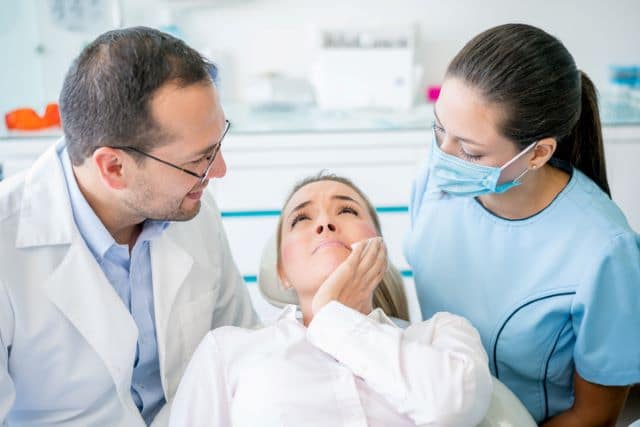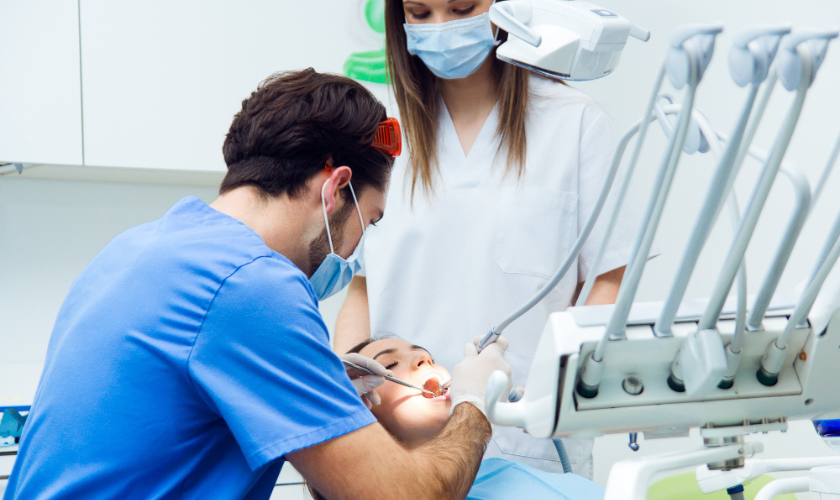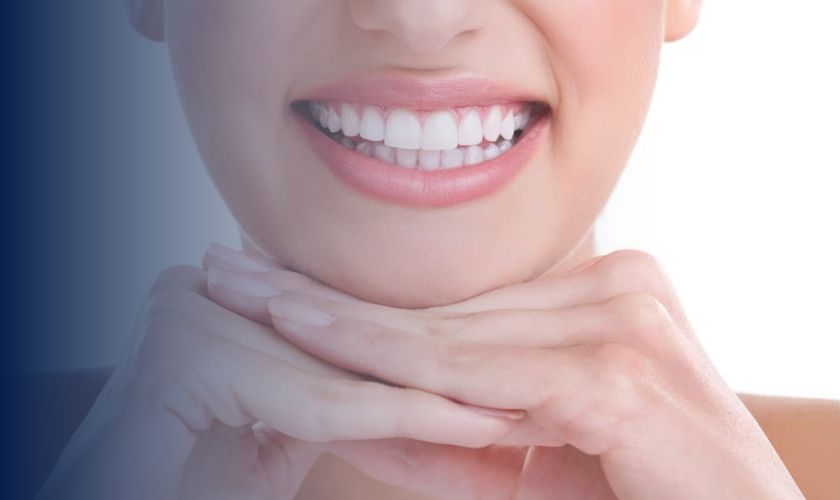Dental emergencies can happen at any time, causing pain and stress. Knowing where to turn and what to expect during an emergency dental situation is essential for oral health and peace of mind. In Cherry Hill, residents can access expert emergency dentistry services that provide timely and effective care. In this comprehensive guide, we’ll explore important facts about emergency dentistry in Cherry Hill, including when to seek immediate care and how an emergency dentist can address your oral health needs.
Understanding Dental Emergencies
Dental emergencies encompass a range of situations that require immediate attention. Common dental emergencies include severe toothaches, knocked-out or fractured teeth, abscesses, injuries to the lips or tongue, and loose or lost dental fillings or crowns. If you experience intense pain, bleeding, or trauma to your mouth, it’s crucial to consider it a dental emergency and seek care promptly.
The Role of an Emergency Dentist In Cherry Hill
An emergency dentist in Cherry Hill is a specially trained dental professional equipped to handle urgent dental situations outside of regular office hours. They are skilled in diagnosing and treating various dental emergencies, providing prompt relief from pain, and addressing the underlying issues to restore oral health.
When to Seek Immediate Care
It’s essential to recognize the signs that indicate the need for immediate dental care. If you or a loved one experiences:
- Severe or persistent toothache
- A knocked-out tooth
- A broken or chipped tooth
- An abscess or dental infection
- Uncontrollable bleeding from the mouth
- Severe soft tissue injuries to the lips, cheeks, or tongue
Seek the services of an emergency dentist in Cherry Hill without delay. Timely intervention can often prevent further complications and discomfort.
The Importance of Timely Treatment
Dental issues left untreated can worsen rapidly. In the case of an infection or abscess, delaying treatment can lead to the spread of infection to other parts of the body. Promptly addressing dental emergencies relieves pain and minimizes the risk of more extensive and costly dental procedures in the future.
Emergency Dental Services Offered
There are various services that Emergency Dentistry in Cherry Hill offers to address urgent dental needs. These services may include:
- Pain management and relief
- Tooth extraction
- Dental restoration (fillings, crowns, or bridges)
- Treatment of gum and soft tissue injuries
- Root canal therapy
- Management of dental infections
An emergency dentist will assess your situation and provide the necessary treatment to resolve the issue and restore your oral health.
Preparing for Dental Emergencies
Being prepared for dental emergencies can make a significant difference. Keep an emergency dental kit at home, including gauze, a small container with a lid, over-the-counter pain relievers, and the contact information of your emergency dentist in Cherry Hill. Additionally, educate your family members about the importance of oral health and recognizing dental emergencies.
Avoiding Dental Emergencies
While knowing how to respond to dental emergencies is essential, taking steps to prevent them is equally important. Good oral hygiene practices, including regular brushing, flossing, and dental check-ups, can help prevent many dental issues. Additionally, wearing mouthguards during sports activities and avoiding biting on hard objects or using teeth as tools can reduce the risk of dental emergencies.
Emergency dentistry in Cherry Hill is critical in ensuring that residents receive prompt and effective care when dental emergencies occur. Understanding what constitutes a dental emergency, when to seek immediate care, and the services provided by emergency dentists is essential for your oral health. By recognizing the signs of a dental emergency and being prepared, you can confidently navigate these situations, knowing that expert care is readily available to address your needs and alleviate pain. Remember that time is of the essence in dental emergencies, so don’t hesitate to seek care promptly to protect your smile and overall well-being.





